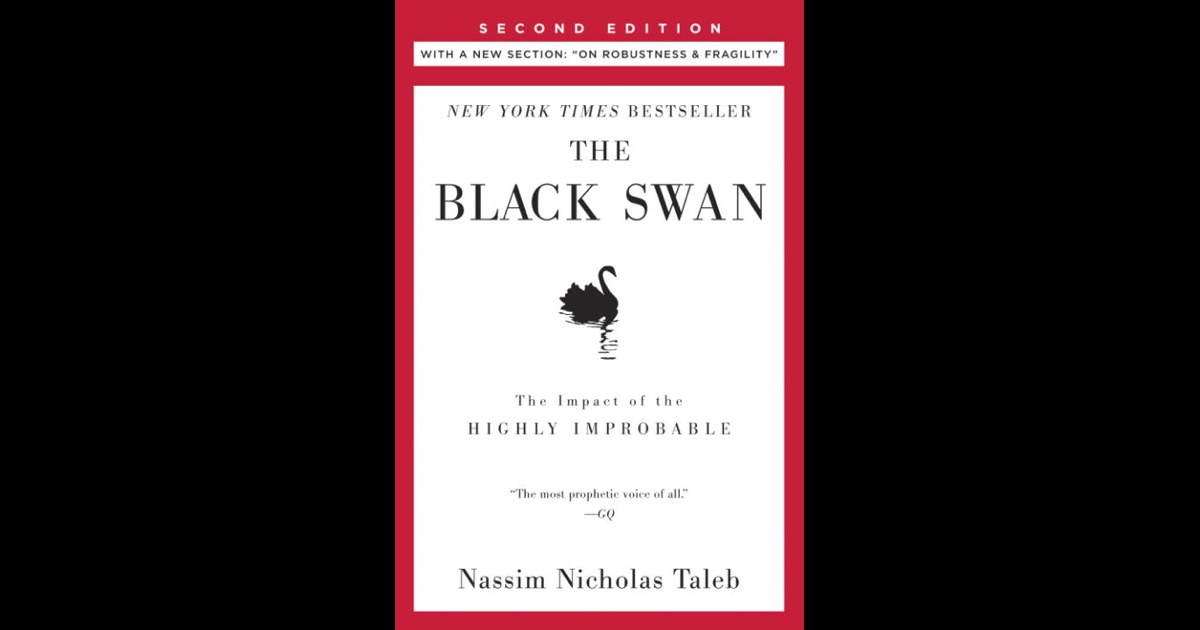
In the same way, try to gauge how your company will be affected, compared with competitors, by dramatic changes in the environment. Realizing this, energy companies have finally shifted from predicting when accidents in nuclear plants might happen to preparing for the eventualities. It’s more effective to focus on the consequences-that is, to evaluate the possible impact of extreme events. In the process, we become more vulnerable. Two, by focusing our attention on a few extreme scenarios, we neglect other possibilities. One, we have an abysmal record of predicting Black Swan events. This is the worst error we make, for a couple of reasons. We think we can manage risk by predicting extreme events. To change the way we think about risk, we must avoid making six mistakes. Risk management, we believe, should be about lessening the impact of what we don’t understand-not a futile attempt to develop sophisticated techniques and stories that perpetuate our illusions of being able to understand and predict the social and economic environment. Instead of trying to anticipate low-probability, high-impact events, we should reduce our vulnerability to them. All we can predict is that companies that ignore Black Swan events will go under. Complexity not only increases the incidence of Black Swan events but also makes forecasting even ordinary events impossible. Because of the internet and globalization, the world has become a complex system, made up of a tangled web of relationships and other interdependent factors. Low-probability, high-impact events that are almost impossible to forecast-we call them Black Swan events-are increasingly dominating the environment.


Moreover, as we all know, the crisis has been compounded by the banks’ so-called risk-management models, which increased their exposure to risk instead of limiting it and rendered the global economic system more fragile than ever. No forecasting model predicted the impact of the current economic crisis, and its consequences continue to take establishment economists and business academics by surprise. We don’t live in the world for which conventional risk-management textbooks prepare us.


 0 kommentar(er)
0 kommentar(er)
